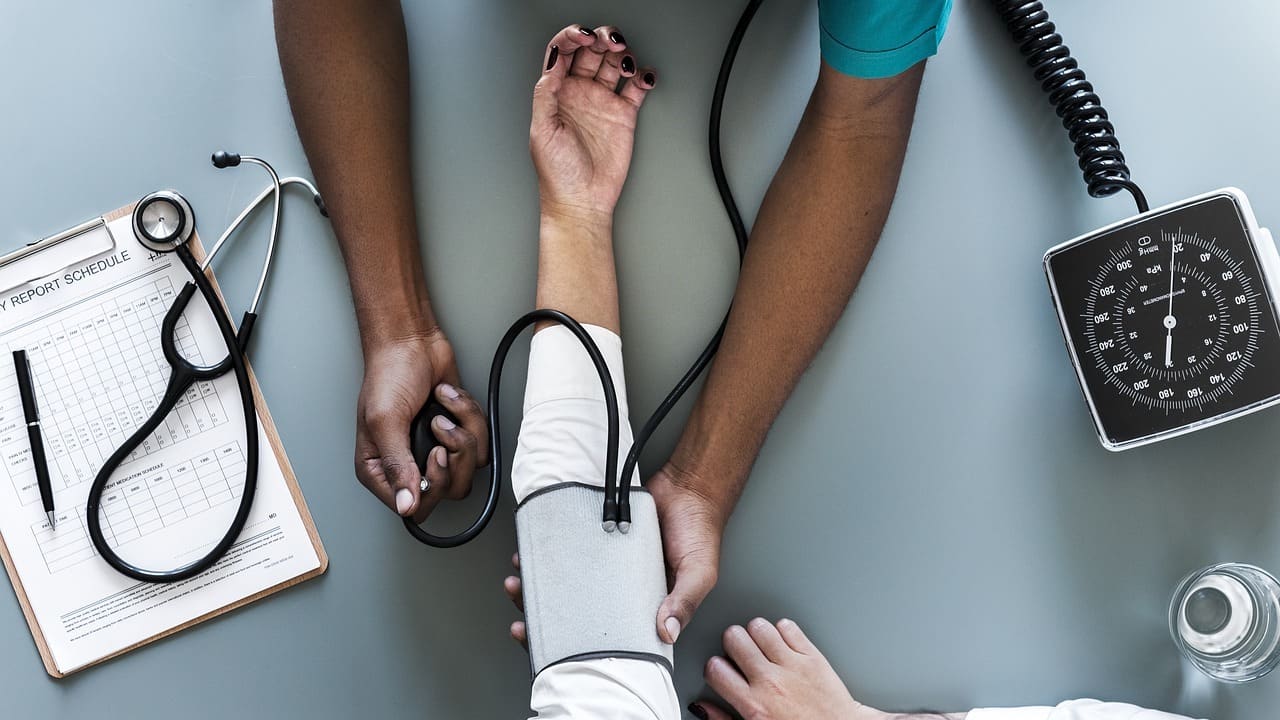Do you remember falling while doing an activity or recovering from a bleeding wound? The maroonish brown irregular bump on your injured skin is known as a blood clot. A blood clot is the formation of a clump of blood cells to form a semi-solid state to help stop the external bleeding. When such clotting occurs within the body’s circulatory system, it can be hazardous to hinder blood circulation. It can be life-threatening.
Hence getting a thorough evaluation regularly for any Metairie clotting factors can help mitigate any potential strokes or organ failure.
Blood clots can take place in either the artery or vein or both, in some cases. When a clot takes place in the artery, it is known as an arterial clot, while the clot in the vein is a venous clot. The former is more time-sensitive than the latter.
When it comes to causes of a blood clot, it can be better understood by the potential people at risk, those with:
- A very poor BMI (i.e., overweight and obese individuals)
- Smokers
- Pregnant women
- Continuous travel over prolonged periods
- Birth control
- Senior citizens (mostly the age group of 65 years and older)
- Family history of being susceptible to blood clots, etc.
Symptoms:
Blood clots mainly occur in either one or both lungs (also medically known as a pulmonary embolism), limbs, heart, abdomen, and brain.
The symptoms of a blood clot could vary depending on the location of the clot:
- A clot in the abdomen can induce pain and nausea.
- Clots in the arms or legs can lead to the limb being swollen, red, painful, and soft to touch.
- When a clot is formed anywhere near the brain, it hampers the execution of cognitive abilities like speaking, moving, or seeing. Seizures may take place as well.
- The heart would undergo cardiac stress due to the heart pumping at a faster pace, leading to cardiac arrest. It is often felt by shortness of breath, pain in the left arm and chest, and sweating profusely.
- A clot in the lungs or pulmonary embolism will cause shortness of breath due to lack of oxygen getting into the bloodstream, as a result of which the lungs go into failure along with other organs.
- Blood clots in the kidney will lead to kidney failure. Since the kidneys now won’t filter out the toxins and excess fluids, blood pressure will skyrocket.
- During pregnancy and childbirth, clots could be formed in the pelvis, leading to pulmonary embolism. Such complications can lead to miscarriage, early labor, or even maternal death.


